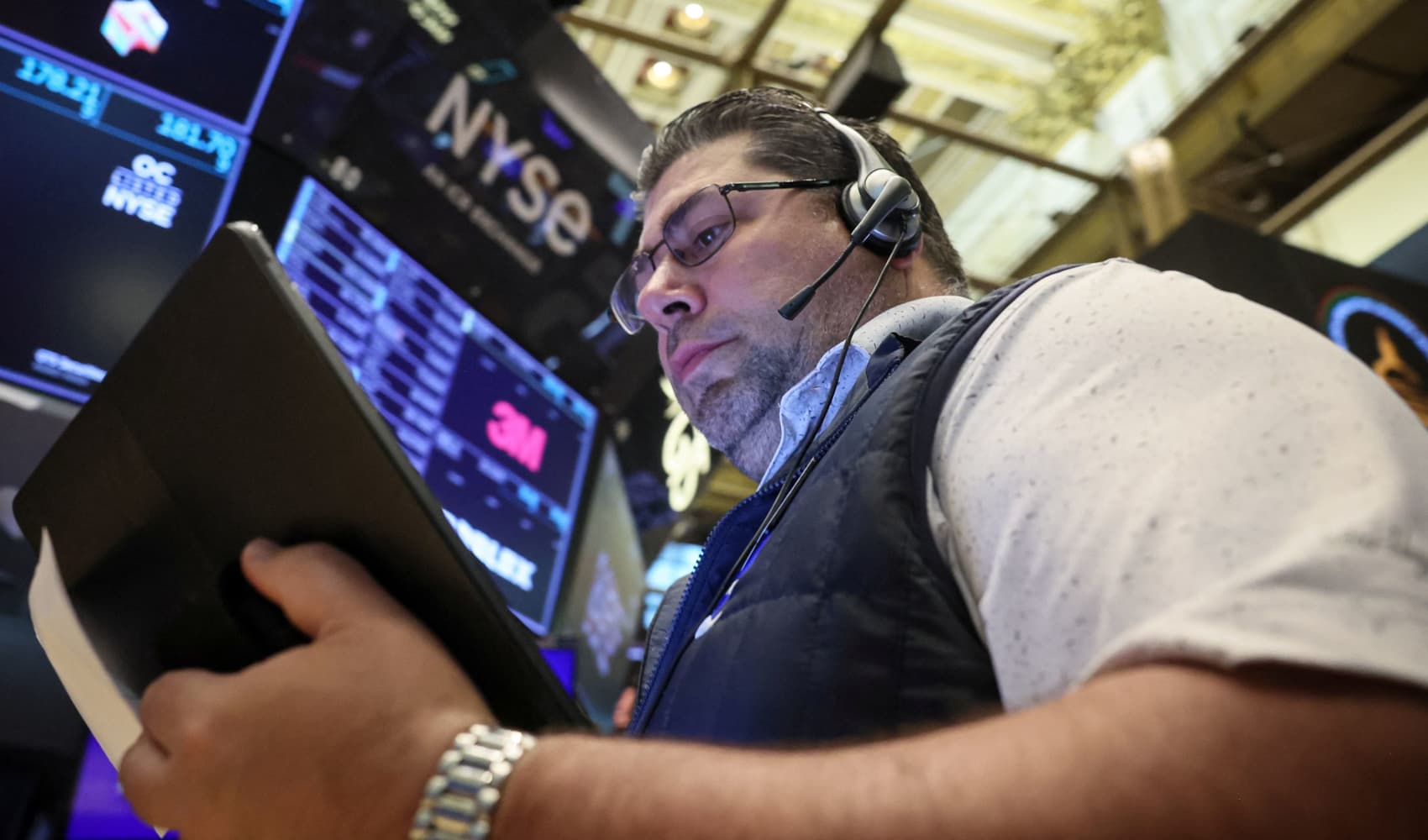
- Increasingly, high school students are questioning the value of college.
- A new Pew Research Center analysis finds that job opportunities and wages are improving for workers without a bachelor's degree.
- Still, earning a four-year degree is almost always worthwhile, other research shows.
Between the six-figure price tag and hefty student loan tab, more students are questioning whether a four-year degree is worth it — and deciding the answer is no.
Since the pandemic, a growing number have opted out. Although college enrollment declines leveled off in fall 2023, there were 900,000 fewer undergraduates enrolled in college in the spring 2024 term compared with spring 2020, according to a recent report by the National Student Clearinghouse Research Center.
We're making it easier for you to find stories that matter with our new newsletter — The 4Front. Sign up here and get news that is important for you to your inbox.
And now only 22% of adults say the cost of college is worth it if it means taking on education debt, a separate Pew Research Center survey found.
"That is sobering," said Richard Fry, a senior researcher at Pew.
More from Personal Finance:
Education Department announces highest student loan interest rates
Incoming college students may owe $37,000 by graduation
Students are still waiting on financial aid amid FAFSA issues
Money Report
Outcomes for workers without a degree are improving
In fact, young adults without a college degree are doing better than they have in years, according to Pew's analysis of government data.
Their earnings mostly trended lower since the mid-1970s, largely due to increased automation and a shift away from manufacturing and unionization. Then things turned a corner roughly a decade ago, when unemployment fell nationwide and opportunities increased for workers between the ages of 25 and 34, according to Fry.
"Labor markets have been really tight, and this has particularly benefited less-educated workers," he said.
Since then, circumstances — and earnings — have continued to rise for workers with just a high school diploma or some college. Today, "they are clearly better off than they were 10 years ago," Fry said.

Improving job opportunities for "new-collar" workers without a degree continues to drive more students away from college. "The societal choice presented to these would-be students — earn 'decent money' now or invest in a degree — is still heavily colored by labor shortages," said Hafeez Lakhani, founder and president of Lakhani Coaching in New York.
There's still a 'wage premium' for college grads
However, earnings for young adults with a bachelor's degree have also trended up over the same time period, leaving the so-called "college wage premium" intact, Pew found.
According to the New York Fed's latest reading, annual wages for recent college graduates — those between the ages of 22 and 27 — are 67% higher than for those with just a high school diploma.
"The rewards of getting a bachelor's degree have not deteriorated," Fry said.
College is worth it, studies show
Getting a diploma is almost always worth it in the long run, many reports show.
Bachelor's degree holders generally earn 75% more than those with just a high school diploma — and the higher the level of educational attainment, the larger the payoff, according to "The College Payoff," a report from the Georgetown University Center on Education and the Workforce.
Finishing college puts workers on track to earn a median of $2.8 million over their lifetimes, compared with $1.6 million if they only had a high school diploma, Georgetown's report found.
Adults with at least a bachelor's degree report higher financial well-being than adults with lower levels of education, according to a Federal Reserve study on economic well-being of U.S. households. College graduates are also more likely to report receiving a raise and benefiting from more hybrid or remote work opportunities than workers at other education levels.
'I have more students than I have seats'
Still, the rising cost of college and ballooning student loan balances have played a large role in changing views about higher education.
More than half, or 53%, of high school students are open to an alternative path, and nearly 60% believe they can be successful without a degree, according to a study by ECMC Group.
At Virginia's Fairfax County Public Schools Adult and Community Education, which focuses on career and technical training, "I have more students than I have seats," said Paul Steiner, the program's administrator.
And yet "there is still a little bit of apprehension in terms of students who want to pursue skilled trades," Steiner said.
In part, there is a bias against vocational school that has been difficult to overcome, he said, "especially if mom and dad went to college."
"That being said, more students are thinking twice about the opportunities that are available through an apprenticeship or career training focused on credentialing versus a four-year path that would require student debt," Steiner said.






